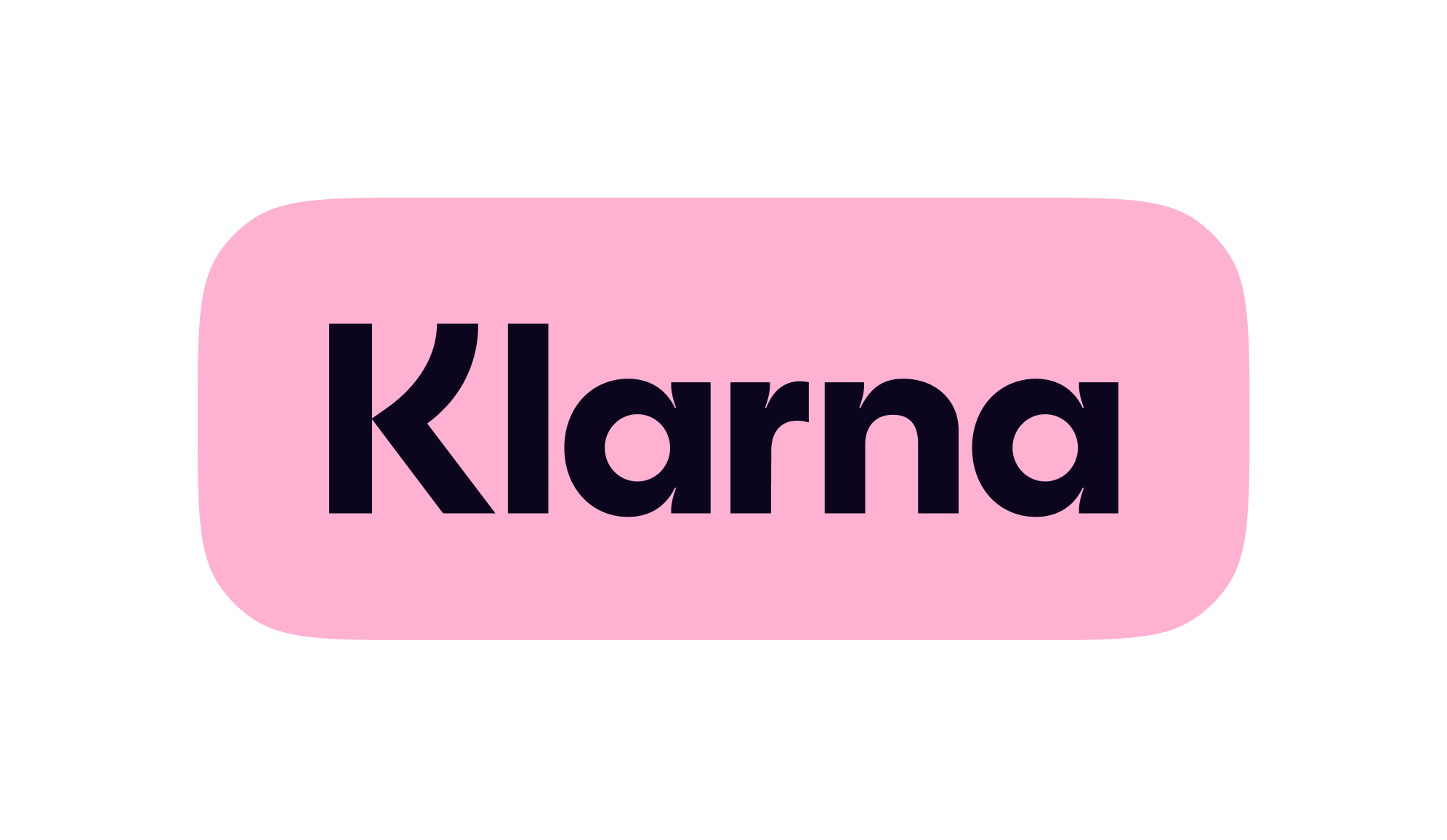According to the U.S. Bureau of Labor Statistics (BLS), the health care sector continues to be one of the fastest-growing job markets in the country, with demand for workers typically outpacing the available supply. Through 2026, health care employment is projected to jump by 18 percent, and experts call it one of the best job opportunities for veterans. More than 200,000 men and women leave the military each year and return to civilian life. Not surprisingly, a large number of those returning servicemembers have acquired valuable health care experience that can help them transition into a successful civilian career.
Why are veterans well-suited for health care jobs?
In a recent interview with employment site Monster.com, veteran Ted Daywalt made a good point when talking about military health care providers: “Their work environment is much more hostile and demanding than at a U.S. civilian hospital,” which he believe puts them well ahead of the game when searching for a job after discharge.
Daywalt, who spent nearly 30 years in the Navy, is the president and CEO of VetJobs, an online military job board that helps match veterans with civilian employment opportunities.
Not only is the military health care arena more challenging, but it also offers more diversity with regard to the types of injuries and illnesses treated. Most military medical personnel will tell you they’ve “seen it all” and have likely encountered far more challenging situations than those of everyday doctors and health care workers.
Finally, a medical career requires a certain degree of adaptability, which is something former servicemembers know a thing or two about. Take the Marine Corps, for example, who trains its members to improvise, adapt and overcome in difficult situations. This involves being able to think on your feet and always have a plan B in case things take an unexpected turn—which they often do in health care situations.
What health care jobs are available for veterans?
Because the health care sector is so vast, there is no shortage of possible jobs for transitioning servicemembers.
For military veterans with experience tending to the wounded or providing routine medical care, employment opportunities range from registered nurse and nurse practitioner to optometrist, physical therapist, dental hygienist, chiropractor and emergency medical technician.
Even beyond traditional health care occupations, veterans can put their unique skill set to work in cybersecurity and health care administration positions.
Did we mention pay is pretty good, too? According to the BLS, the median annual wage for health care practitioners and technical occupations (such as registered nurses, physicians and surgeons, and dental hygienists) was $64,770 in May 2017, which was higher than the median annual wage for all occupations in the economy of $37,690.
Are there any barriers veterans face when looking for health care jobs?
Herein lies the rub.
Although most of the terminology, protocols and procedures remain consistent, many of the medical job titles used in the military don’t match up with those used in the civilian workforce. So, veterans looking for health care jobs may face a similar skills translation barrier as those looking for work in other fields.
Further, according to a 2016 report by researchers at the University of Washington, veterans interested in pursuing a career in health care face four major obstacles:
- Navigating complex benefits (i.e., understanding what educational resources are available for veterans and how to use them);
- Translating military education and training to meet civilian academic requirements;
- Meeting credentialing requirements; and
- Overcoming limited communication and knowledge about health care opportunities.
Luckily, more organizations such as Heroes for Healthcare are working toward helping veterans overcome these hurdles and educating civilian employers about the benefits of hiring former servicemembers for health care positions.
Veterans who require additional schooling to earn their credentials can also use the G.I. Bill to help offset their education costs.
Here are two quick tips before you start your job search.
Whether you are seeking health care employment or a job in another field, it is important to have a well-written, professional résumé. Check out our Résumé Tips Every Veteran Should Know blog for some simple dos and don’ts.
Then, make sure you can locate a copy of your DD214 before you start setting up interviews, as you will likely need this important document to provide proof of service to prospective employers.
Veteran-owned DD214Direct helps you get the documents you need, when you need them.
Our cutting-edge technology platform and keen knowledge of government protocol and procedure allow us to deliver your documents faster than competitors. We physically stand in line at the records repository and manually coordinate your order, freeing up your time and easing your worries about whether or not you will get your DD214. Much like paying a small fee to have your taxes done by a professional, DD214Direct provides the service and convenience you’ve been hoping for, plus we make it a lot easier.
Instead of having to download, print, sign and fax your document request form, you can submit your order directly through our website with the ease of e-signature technology from a desktop, laptop or mobile device. Once we locate your DD214, we will email you a copy immediately—a service not offered by the government. And tracking your request through us is simple, so you never have to worry about long hold times and inconclusive answers.
Ready to get started? Click here to begin the order process.















